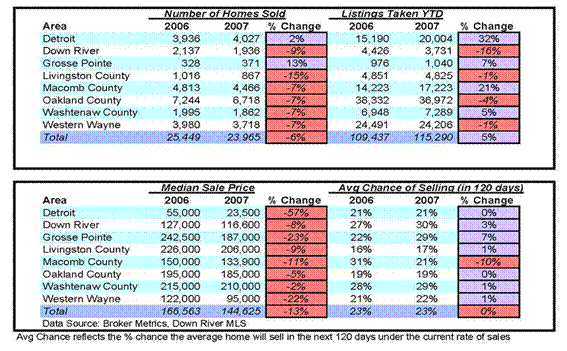Timeline of Mortgage Foreclosure
First Month Missed Payment: The first month your payment is missed your mortgage company is likely to contact you by mail and/or telephone to inform you of your delinquent status. A late charge is assessed on the missed payment.
Second Month Missed Payment: The second month your payment is missed your mortgage company is likely to begin calling the contact numbers they have for you, in order to discuss why you have not made a payment. It is important that you not avoid their telephone calls. Try to stay calm on the telephone and explain to them your situation and what you are trying to do to resolve it. You still may be able to make one payment at this time to prevent yourself from falling three months delinquent.
Third Month Missed Payment: At this point, you are likely to receive a letter from the mortgage company stating the amount you are delinquent, and that you have 30 days to bring it current. This is called your “Demand Letter” or “Notice to Accelerate.” If you do not pay the specified amount or make some form of arrangement by the date given, they are allowed at that time to refer you to foreclosure or accelerate your mortgage. They are unlikely to accept less than the total due without prior arrangements if you have received this letter. Foreclosure/acceleration means that they forward your account to their attorneys. You still have time to work something out with the mortgage company.
Fourth Month Missed Payment: Now you are usually nearing the end of the time allowed in your Demand Letter or Notice to Accelerate. If this expires and you have not paid the full amount or worked out arrangements, then you will be referred to their attorneys. At this time, you incur all attorney fees as part of your delinquency. The attorney then schedules a Sheriff’s
Sheriff’s
Redemption Period: If nothing is done to resolve the situation and the Sheriff’s
End of Redemption Period: If the homeowner has not redeemed the property, ownership is transferred to lender or bidder. If the homeowner has not left, the new owner starts eviction proceedings. An eviction hearing is held within two weeks, followed by a 10 day grace period for the former homeowner to vacate the premises. When the grace period ends, eviction is certified. Court bailiffs are notified and empty the premises.



